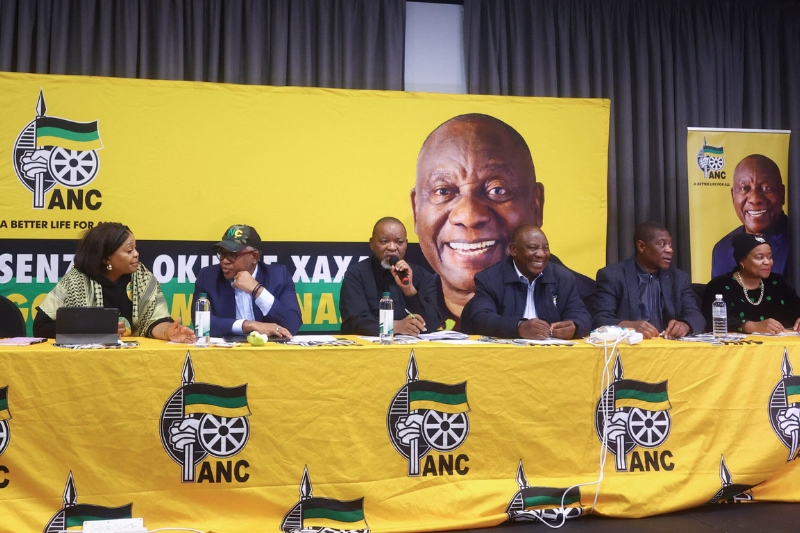Following a major electoral loss, South African President Cyril Ramaphosa has said that his African National Congress (ANC) party would look for a national unity administration. Following a long conference of the party’s National Executive Committee (NEC) in Johannesburg, this decision, meant to reflect the will of voters and forward the nation, emerges.
Though it remains the biggest party in the nation, the ANC has lost its legislative majority for the first time in the democratic age. To handle urgent national challenges, Ramaphosa underlined the importance of unity. “We decided to invite political parties to create a government of national unity since that is that is the best way to forward our nation,” he said. He underlined, via wide-based unity and cooperation, the need to tackle crime, poverty, the high cost of living, and corruption.
Now governing South Africa since Nelson Mandela’s historic 1994 election victory, the ANC finds itself in a convoluted political environment. With just 159 of the 400 seats in the next National Assembly—down from 230 in 2019—the ANC must now negotiate coalition politics. Potential coalition partners are the Economic Freedom Fighters (EFF) with 39 seats, uMkhonto we Sizwe (MK) headed by former President Jacob Zuma with 58 seats, and the Democratic Alliance (DA) with 87 seats.
Keep Reading
Fikile Mbalula, ANC Secretary-General, admitted that, given party ideological divides, creating a partnership proved challenging. Because of the “bad blood and ill feeling between different political parties,” political expert Susan Booysen voiced doubts on the viability of such a combination.
Before the new parliament meets two weeks following the pronouncement of election results, the ANC is under pressure to negotiate coalition arrangements. Other options for a unity government are a minority ANC government supported outside on important votes or a coalition government.
Though financial markets probably support such a combination, the DA has shown resistance to joining a government, including MK or the EFF. Lead by former ANC members, both EFF and MK have sour relations with the present ANC leadership. Especially, Zuma’s MK party has said it would not deal with “the ANC of Ramaphosa.”
The ANC has to quickly reach an agreement as the constitutional deadline draws near to guarantee stable government and competent leadership in South Africa.

